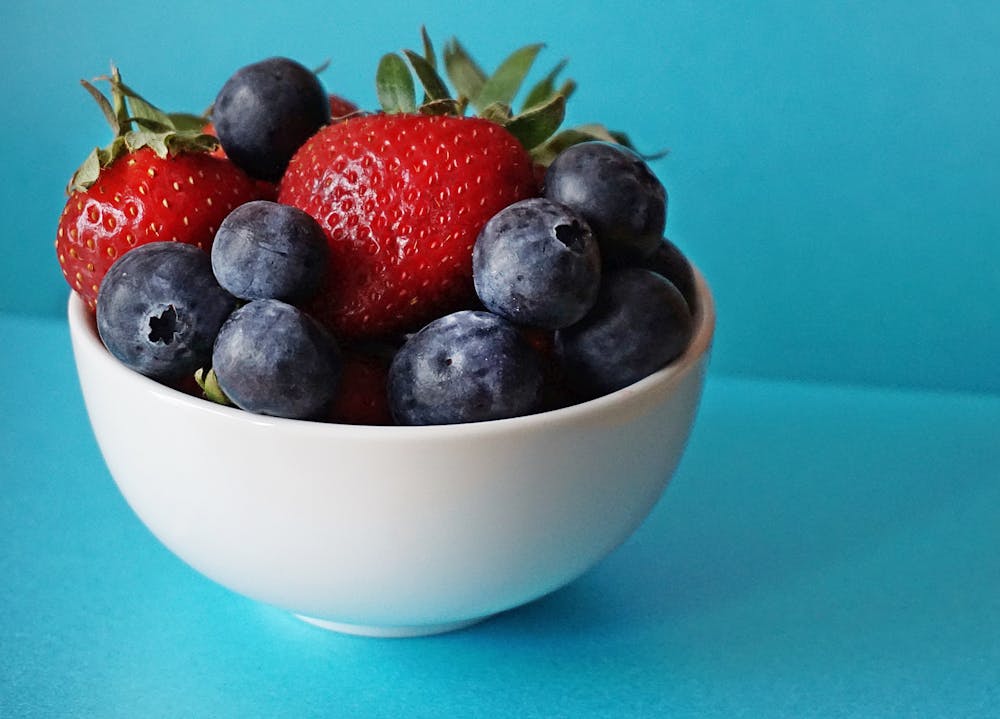In my journey toward better health, I’ve come to appreciate the essential role that fiber plays in maintaining a balanced diet and supporting overall well-being. Fiber isn’t just a nutrient; it’s a crucial component that our bodies rely on to function optimally. Let’s delve into the significance of fiber and why it’s so important to incorporate into our daily diets.
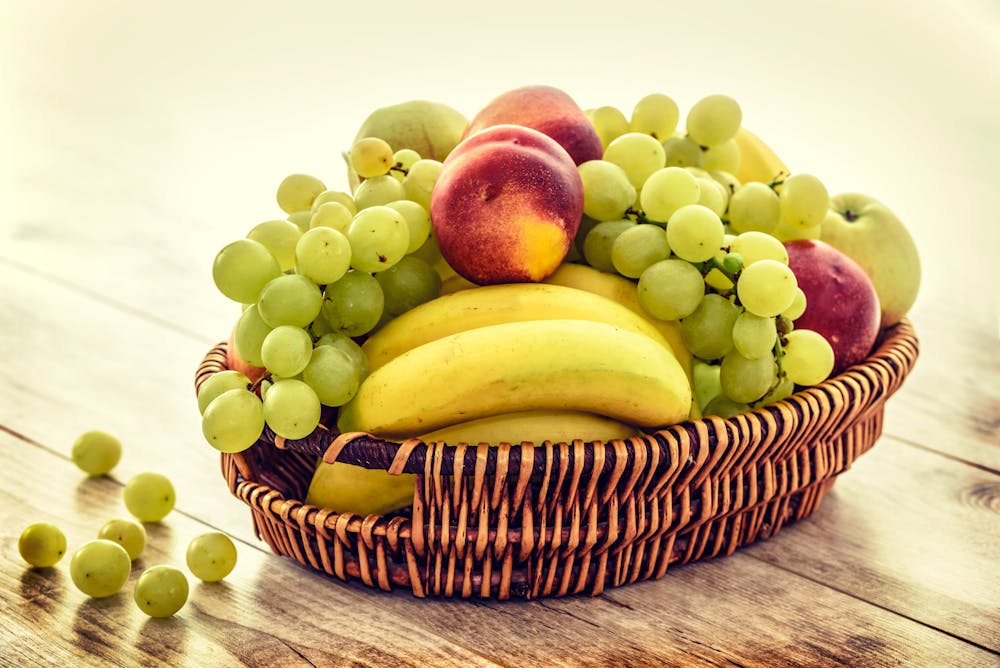 1. **Promotes Digestive Health:**
1. **Promotes Digestive Health:**
Fiber plays a fundamental role in maintaining digestive health. It adds bulk to stool, softens it, and helps regulate bowel movements, preventing constipation and promoting regularity. By keeping things moving smoothly through the digestive tract, fiber supports the health of our gastrointestinal system and reduces the risk of digestive disorders.
 2. **Supports Weight Management:**
2. **Supports Weight Management:**
Including an adequate amount of fiber in your diet can aid in weight management and promote a healthy body weight. High-fiber foods tend to be more filling and satisfying, which can help reduce overall calorie intake and prevent overeating. Additionally, fiber slows down the digestion and absorption of nutrients, helping to stabilize blood sugar levels and curb cravings for sugary or high-calorie foods.
 3. **Lowers Cholesterol Levels:**
3. **Lowers Cholesterol Levels:**
Soluble fiber, found in foods like oats, beans, and fruits, has been shown to help lower LDL cholesterol levels, also known as “bad” cholesterol. By binding to cholesterol molecules in the digestive tract and preventing their absorption into the bloodstream, soluble fiber can reduce the risk of heart disease and improve cardiovascular health.
 4. **Regulates Blood Sugar Levels:**
4. **Regulates Blood Sugar Levels:**
Fiber plays a crucial role in regulating blood sugar levels and preventing spikes and crashes in blood glucose. Soluble fiber slows down the digestion and absorption of carbohydrates, which helps prevent rapid fluctuations in blood sugar levels. This can be particularly beneficial for individuals with diabetes or those at risk of developing the condition.
 5. **Supports Gut Microbiota:**
5. **Supports Gut Microbiota:**
Fiber serves as fuel for the beneficial bacteria in our gut, known as the gut microbiota. These bacteria play a vital role in maintaining digestive health, supporting immune function, and synthesizing essential nutrients. By nourishing our gut microbiota with fiber-rich foods, we can promote a healthy balance of bacteria and support overall gut health.
 Incorporating fiber into your diet doesn’t have to be complicated. Here are some simple tips for increasing your fiber intake:
Incorporating fiber into your diet doesn’t have to be complicated. Here are some simple tips for increasing your fiber intake:
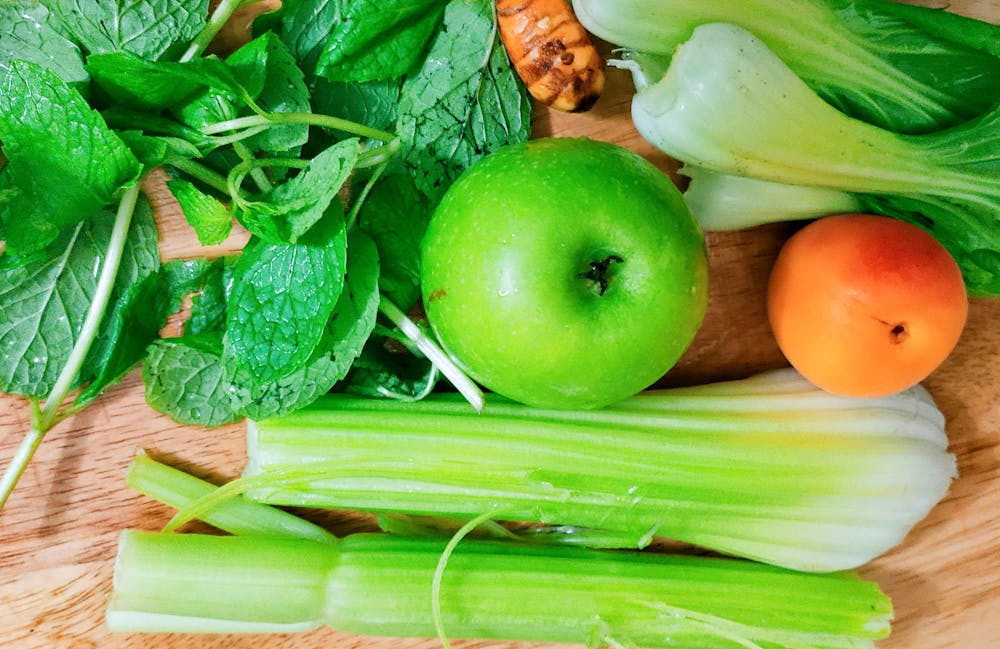 1. **Eat Plenty of Fruits and Vegetables:**
1. **Eat Plenty of Fruits and Vegetables:**
Fruits and vegetables are excellent sources of fiber, as well as vitamins, minerals, and antioxidants. Aim to include a variety of colorful fruits and vegetables in your meals and snacks each day to boost your fiber intake and maximize nutritional benefits.
 2. **Choose Whole Grains:**
2. **Choose Whole Grains:**
Opt for whole grains such as brown rice, quinoa, barley, oats, and whole wheat bread and pasta. Whole grains contain more fiber and nutrients than refined grains, making them a healthier choice for supporting overall health and well-being.
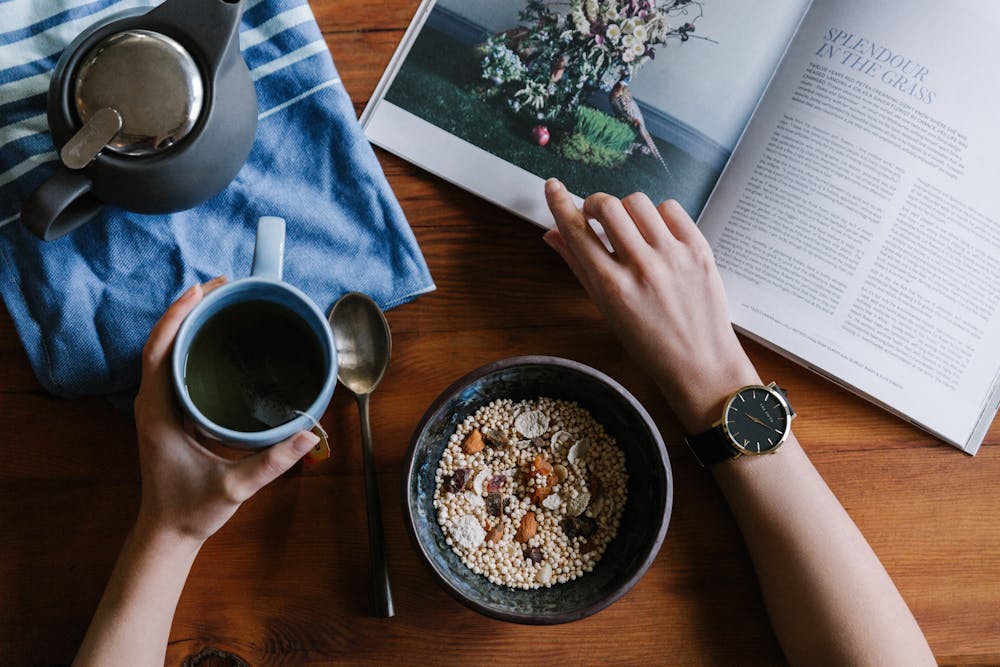 3. **Include Legumes and Beans:**
3. **Include Legumes and Beans:**
Legumes and beans, including lentils, chickpeas, black beans, and kidney beans, are rich sources of fiber and plant-based protein. Incorporate legumes into soups, salads, stews, and casseroles to add fiber and bulk to your meals.
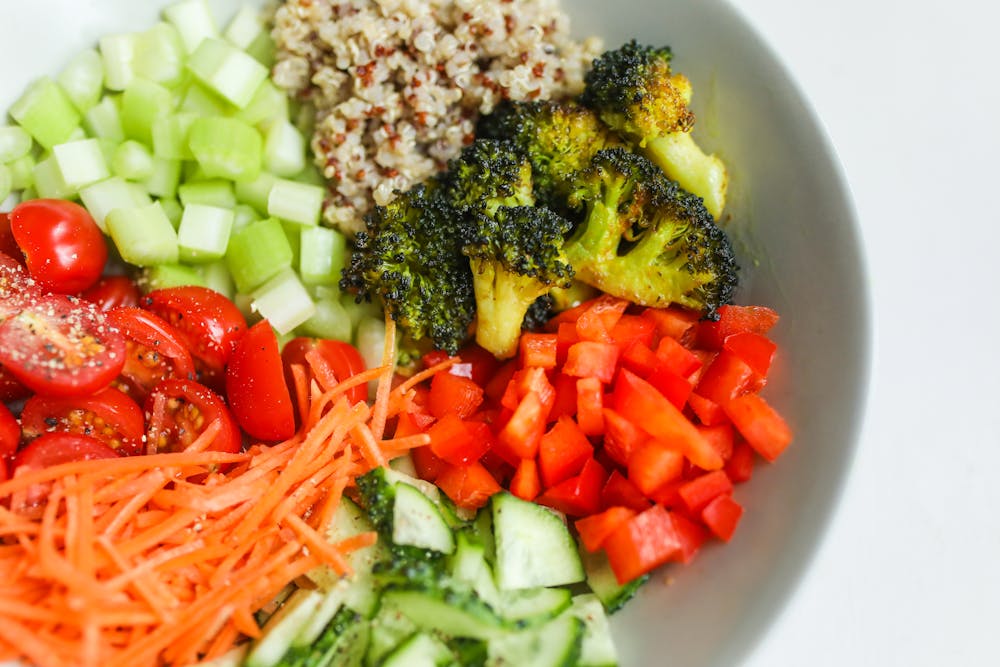 4. **Snack on Nuts and Seeds:**
4. **Snack on Nuts and Seeds:**
Nuts and seeds are nutrient-dense snacks that are high in fiber, healthy fats, and protein. Enjoy a handful of almonds, walnuts, pumpkin seeds, or chia seeds as a satisfying and nutritious snack between meals.
 5. **Read Food Labels:**
5. **Read Food Labels:**
When shopping for packaged foods, read the nutrition labels and choose products that are high in fiber and low in added sugars and unhealthy fats. Look for foods with at least 3 grams of fiber per serving.
 In conclusion, fiber is a crucial component of a healthy diet and plays a vital role in supporting digestive health, weight management, heart health, blood sugar regulation, and gut microbiota. By including a variety of fiber-rich foods in your meals and snacks each day, you can optimize your health and well-being from the inside out. So let’s embrace the power of fiber and nourish our bodies with the nutrient-rich foods they need to thrive.
In conclusion, fiber is a crucial component of a healthy diet and plays a vital role in supporting digestive health, weight management, heart health, blood sugar regulation, and gut microbiota. By including a variety of fiber-rich foods in your meals and snacks each day, you can optimize your health and well-being from the inside out. So let’s embrace the power of fiber and nourish our bodies with the nutrient-rich foods they need to thrive.
